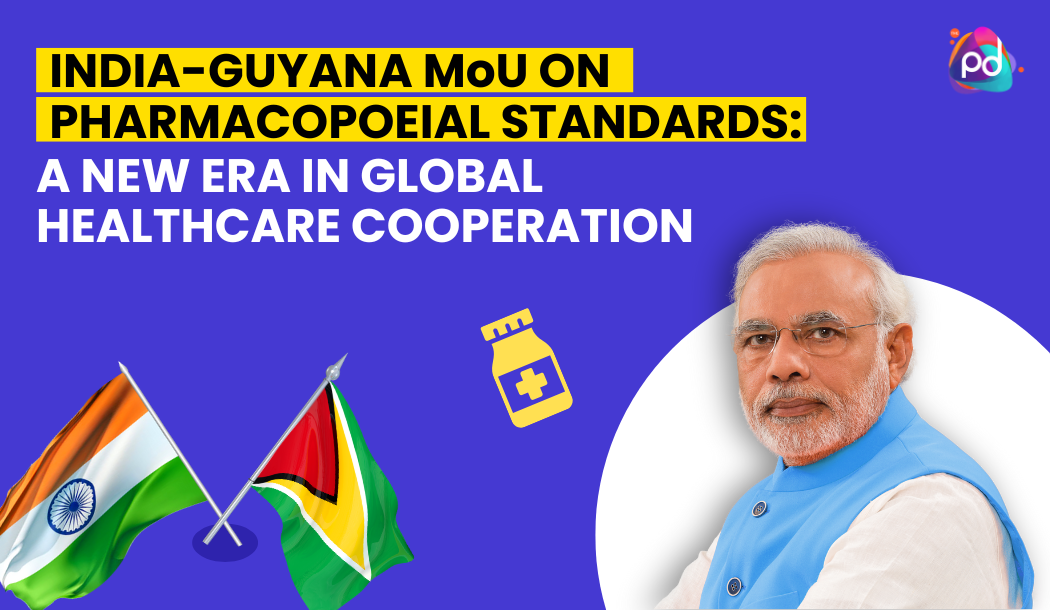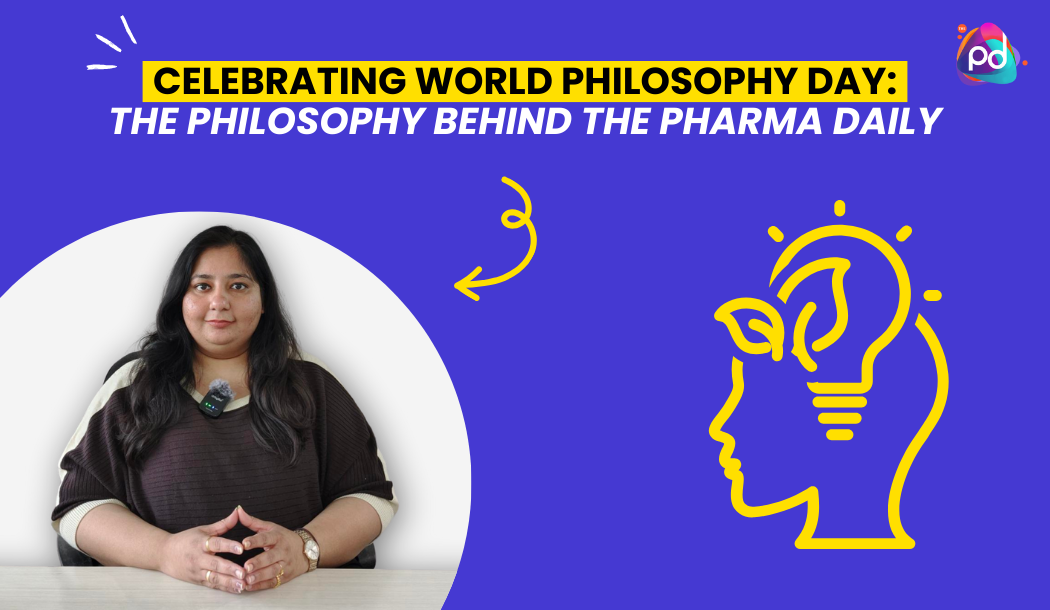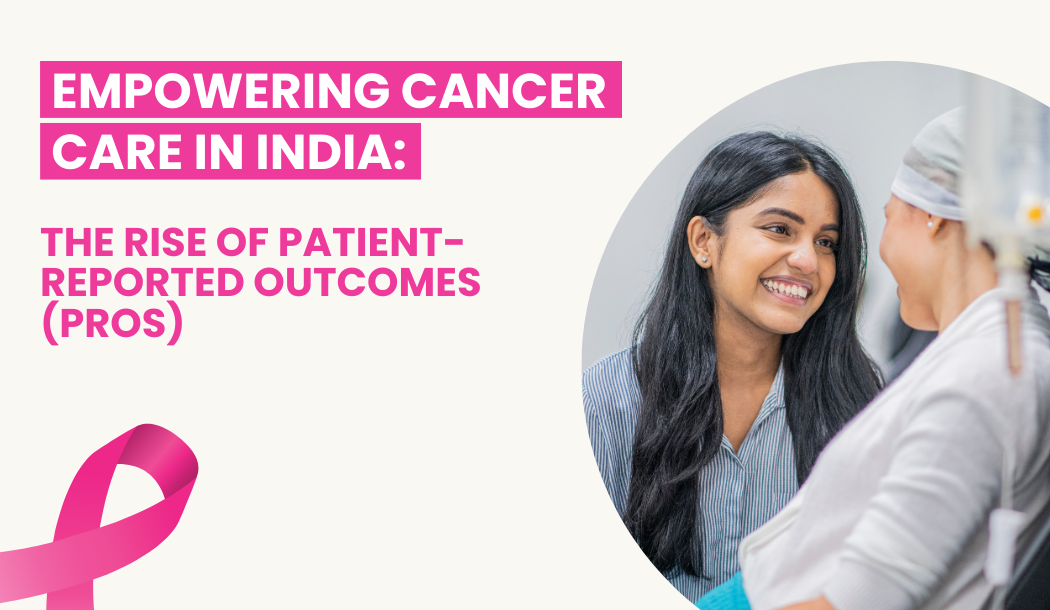Pharma Sahi Daam App: Revolutionizing Medicine Price Transparency in India
Russia 'very close' to making cancer vaccines, says Vladimir Putin
Russian President Vladimir Putin recently announced that his country is "very close" to developing cancer vaccines. This news has generated a lot of excitement in the medical community and among cancer patients worldwide.
According to Putin, Russian scientists have made significant progress in developing vaccines that can prevent and treat various types of cancer. He stated that the vaccines are based on "cutting-edge technologies" and have shown promising results in clinical trials.
This announcement comes at a time when cancer rates are on the rise globally. Cancer is one of the leading causes of death worldwide, and the search for effective treatments and cures has been ongoing for decades.
The Promise of Cancer Vaccines
Cancer vaccines are a type of immunotherapy that works by stimulating the body's immune system to attack cancer cells. Unlike traditional vaccines, which are designed to prevent infectious diseases, cancer vaccines are used to treat existing cancers or prevent their recurrence.
There are currently several types of cancer vaccines in development, including:
- Preventive vaccines: These vaccines are designed to prevent cancer from developing in healthy individuals who are at high risk of developing the disease. For example, the human papillomavirus (HPV) vaccine can prevent certain types of cervical cancer.
- Therapeutic vaccines: These vaccines are used to treat existing cancers by stimulating the immune system to attack cancer cells. Therapeutic vaccines are typically used in combination with other cancer treatments, such as chemotherapy or radiation therapy.
- Personalized vaccines: These vaccines are tailored to an individual's specific cancer and are designed to target the unique genetic mutations that are driving the growth of the cancer cells.
The Road Ahead
While Putin's announcement is certainly exciting, it's important to remember that developing effective cancer vaccines is a complex and challenging process. Many promising cancer treatments have failed in clinical trials, and it can take years or even decades to bring a new treatment to market.
That being said, the progress that Russian scientists have made in developing cancer vaccines is certainly encouraging. If these vaccines prove to be effective, they could revolutionize cancer treatment and save countless lives.
In the meantime, cancer patients need to continue to work closely with their healthcare providers to explore all available treatment options. While cancer vaccines may hold promise for the future, there are many effective treatments available today that can help patients manage their disease and improve their quality of life.
Conclusion
The news that Russia is "very close" to developing cancer vaccines is certainly exciting, and it's a testament to the hard work and dedication of the country's scientists. While there is still much work to be done before these vaccines are widely available, the progress that has been made so far is certainly cause for hope.
As we continue to search for effective cancer treatments and cures, it's important to remember that there are many effective treatments available today that can help patients manage their disease and improve their quality of life. By working together, we can continue to make progress in the fight against cancer and bring hope to patients and their families around the world.












